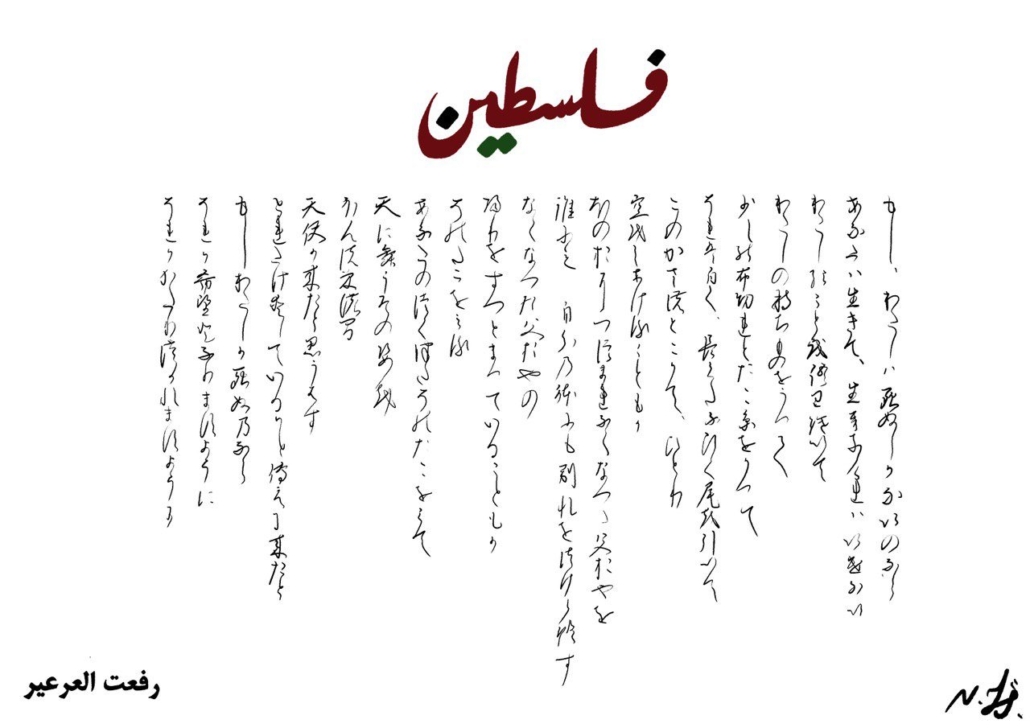Review of Rabia from Narrative to Myth – Atif Khalil
Abstract:
“Ever since Margaret Smith (d. 1970) published the Mystic A.D. 717- 801 and Her Fellow Saints in Islam almost a century ago, Rabi’a has remained a figure of abiding interest in the study of lslam in the West. For Muslims, she has often embodied the archetype of the selfless lover of God, the devotee whose sole desire is neither to be saved from Hell nor to be granted Paradise, but to receive the Beloved’s acceptance. Rabi’a Yet, how many of the stories and accounts of Rabi’a that have been recorded and repeated for more than a millennium of lslamic history actually took place? How much of what has been bequeathed to us about her by countless generations is historically accurate? This is one the guiding aims of the book: to disentangle, as much as possible, the “real” Rabi’a from the one of legend and lore. In this archival endeavor, which involved closely scrutinizing more primary sources than any other study on her thus far, Rkia Cornell left virtually no stone unturned. And in the process of doing so, she produced a theoretically rich 400+ page tome, not only on Rabi’a, but also on the unfolding and development of early Islamic ascetical, mystical”

